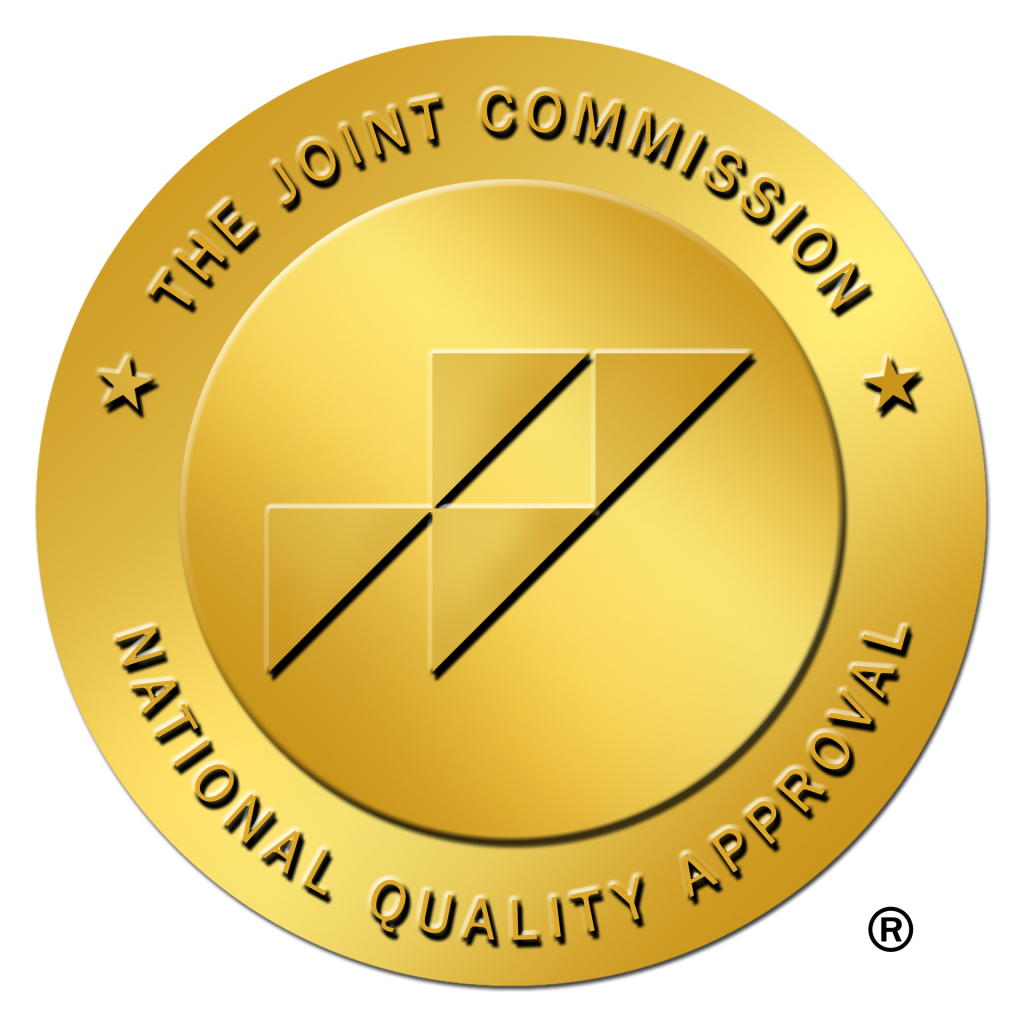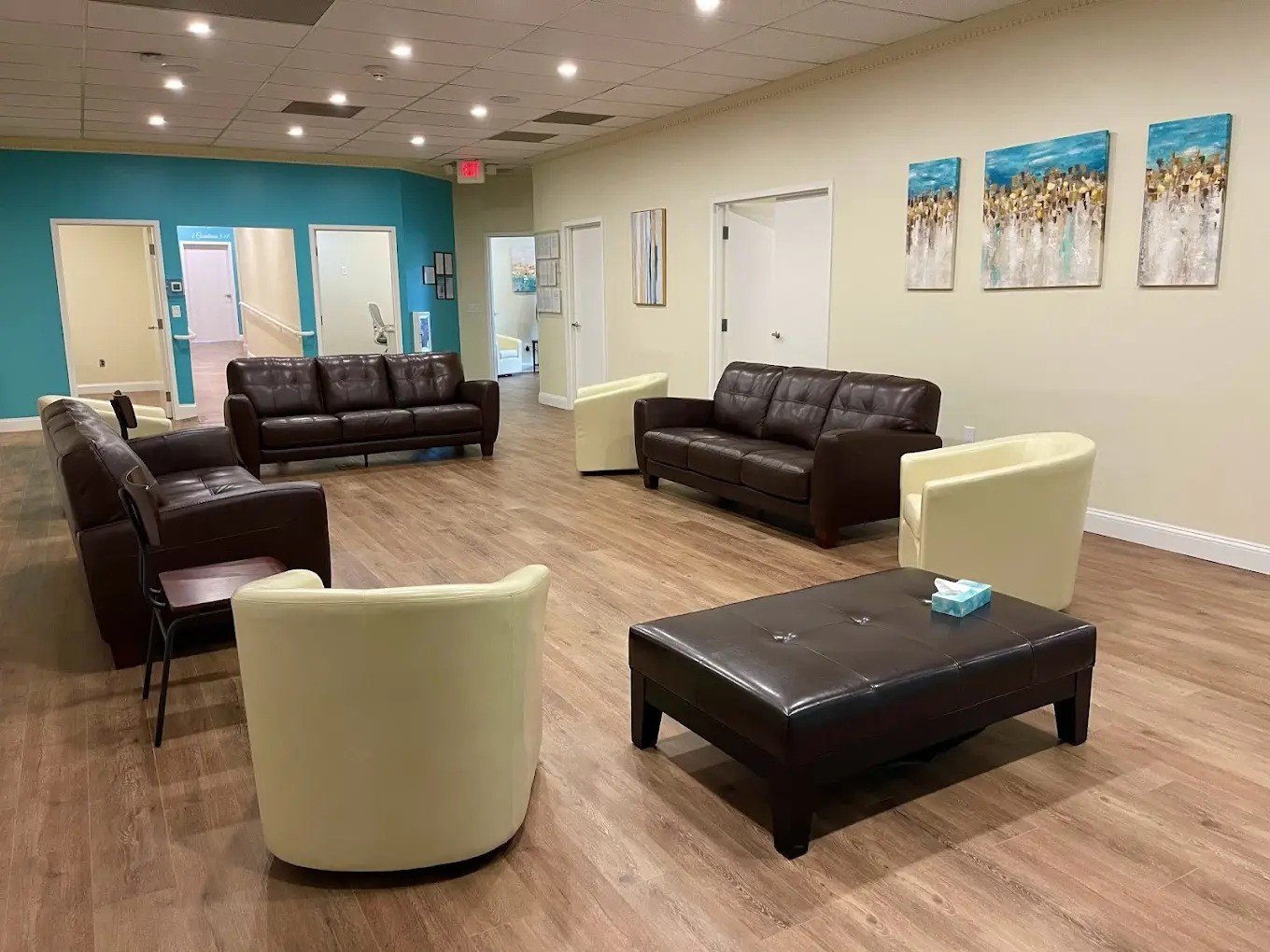Outpatient Recovery Programs Nj
Exploring Outpatient Recovery Programs in NJ
New Jersey offers a variety of outpatient recovery programs, providing flexible solutions for individuals seeking treatment while maintaining their daily lives. One such option is New Chapter Recovery in Parsippany-Troy Hills, which offers a continuum of care supported by evidence-based practices. These programs are tailored for adults and families in Morris County and surrounding areas, including working professionals and veterans in need of adaptable scheduling.
Comprehensive Care Options
The spectrum of care at New Chapter Recovery includes the Partial Hospitalization Program (PHP), Intensive Outpatient Program (IOP), and standard Outpatient Program (OP). Each level of care is designed to meet the diverse needs of clients, offering structured treatment while allowing daily home life to continue. PHP provides intensive support with structured schedules, while IOP and OP allow greater flexibility for individuals balancing work or educational commitments.
The Unique Appeal of New Chapter Recovery
This center stands out with its integrated dual diagnosis model, which simultaneously addresses substance use disorders and co-occurring mental health conditions. The range of services, from medication-assisted treatment to specialty tracks like animal-assisted and faith-based recovery, enriches the therapeutic experience. Importantly, New Chapter Recovery embraces a holistic approach, focusing on both the physical and emotional wellness of clients.
Services Beyond Standard Care
New Chapter Recovery offers intervention services, relapse prevention, and family support to ensure a well-rounded treatment environment. Specialty tracks, such as veterans’ treatment and animal-assisted therapy, cater to unique needs, providing additional layers of support and engagement. This breadth of services ensures that each client receives personalized care tailored to their specific circumstances and preferences.
Integrated Dual Diagnosis Model
For those with co-occurring mental health conditions, New Chapter Recovery offers comprehensive dual diagnosis services. This approach ensures that both substance use disorders and mental health issues are treated in tandem, significantly improving outcomes. By utilizing trauma-informed clinical practices, the center effectively addresses the underlying psychological aspects contributing to addiction.
Evidence-Based and Holistic Therapies
Therapeutic modalities at New Chapter Recovery include Cognitive Behavioral Therapy (CBT), Dialectical Behavior Therapy (DBT), Acceptance and Commitment Therapy (ACT), motivational interviewing, experiential therapy, and animal-assisted therapy. These evidence-based therapies are complemented by 12-step principles, enhancing their efficacy. Clients engage in individualized goal-setting to track progress and achieve measurable outcomes.
Targeted Demographics and Flexible Scheduling
The center caters to a wide demographic, including working professionals, veterans eligible for VA and Tricare benefits, and individuals seeking alternatives to residential rehab. The flexible scheduling of IOP and PHP programs allows clients to attend sessions without compromising their work or family responsibilities. This flexibility is vital for maintaining commitment and engagement in treatment.
The Importance of Personalized Treatment Plans
The multidisciplinary clinical team at New Chapter Recovery develops personalized treatment plans for each client, ensuring that therapy is aligned with individual needs. By combining a variety of therapeutic techniques, clients receive tailored support designed to foster long-term recovery. This personalized approach is a cornerstone of the center’s philosophy and success.
Quick Admissions and Insurance Verification
New Chapter Recovery simplifies the admission process, offering free confidential assessments and same-day admissions. Their dedicated admissions team conducts fast insurance verification, efficiently managing out-of-network and Tricare benefits. This streamlined process reduces barriers to treatment, enabling quick access to necessary care.
Engagement Through Community Partnerships
Beyond clinical care, New Chapter Recovery is actively involved in community outreach, partnering with local organizations to support recovery. These partnerships facilitate referrals and provide clients with additional resources for long-term recovery maintenance. Community collaboration enhances the support network available to clients, contributing to sustainable sobriety.
Aftercare and Long-Term Support
Coordinated aftercare planning at New Chapter Recovery supports clients’ reintegration into their communities. This critical phase involves planning for continued recovery maintenance through community resources and support systems. Ensuring long-term sobriety is a priority, and the center’s commitment to aftercare reflects this dedication.
Accessibility and Transparent Communication
Transparent communication is a vital aspect of New Chapter Recovery’s operation, maintaining open lines with clients’ families and referral sources. The center’s emphasis on accessibility ensures that individuals in need of help can easily approach without hesitation. This transparency and open communication are crucial for trust-building and effective treatment outcomes.
What are the key benefits of choosing outpatient recovery programs in NJ compared to inpatient treatment?
Outpatient recovery programs, such as those offered by New Chapter Recovery in NJ, provide flexibility that inpatient programs usually can’t match. For many individuals, maintaining daily routines–whether work, family, or education–is crucial, and outpatient care allows for this continuity. For instance, someone working full-time can attend therapy sessions in the evening without disrupting their job. Outpatient programs are often less expensive than inpatient care, making them more accessible for many people. Moreover, outpatient care emphasizes integrating recovery into everyday life, facilitating long-term sobriety in real-world settings.
How do the different levels of care in outpatient programs (PHP, IOP, OP) address varying needs?
Understanding the levels of care is essential in making an informed decision. The Partial Hospitalization Program (PHP) provides intensive care with a structured schedule, ideal for those who need significant support but wish to return home in the evenings. Intensive Outpatient Program (IOP) offers flexibility, letting clients juggle treatment with professional or educational commitments. Finally, the standard Outpatient Program (OP) serves as a step-down care, focusing on relapse prevention and long-term recovery. The diversity of these programs ensures that each individual’s specific circumstances and commitment levels are met effectively.
Why is an integrated dual diagnosis model important in treatment programs?
New Chapter Recovery’s integrated dual diagnosis model addresses both substance use disorders and mental health conditions simultaneously, recognizing that these often co-occur. For example, someone struggling with addiction might also be dealing with depression or anxiety, which can fuel each other. By treating both, the chances of successful recovery increase significantly. Trauma-informed practices further support this approach, helping to uncover and address the root causes of addiction. Studies have shown that integrated treatment models lead to better outcomes, making this a crucial aspect of comprehensive care.
How do evidence-based therapies differ from holistic therapies, and why combine them?
Evidence-based therapies, such as Cognitive Behavioral Therapy (CBT) and Dialectical Behavior Therapy (DBT), are rooted in scientific research and have been proven effective for treating addiction and mental health issues. New Chapter Recovery combines these with holistic therapies–like animal-assisted therapy–to address the whole person, not just specific symptoms. This combination can help align patients’ emotional and physical well-being, making therapy more engaging. Anecdotally, clients often report that holistic approaches enhance their therapy experience, increasing participation and satisfaction.
What makes personalized treatment plans crucial in recovery programs?
Personalized treatment plans, developed by New Chapter Recovery’s multidisciplinary team, consider an individual’s specific needs, background, and goals. This personalized approach respects the uniqueness of each client’s situation. Imagine two clients with alcohol dependency: one may benefit more from individual counseling, while another might find group therapy more impactful. By tailoring treatments, recovery becomes more effective and meaningful. This adaptability ensures that clients remain engaged and committed to their recovery journey. Reflect on what unique challenges or strengths you may have that a personalized plan could address.
How do community partnerships enhance the effectiveness of outpatient recovery programs?
Community partnerships extend the support network for clients beyond clinical settings, which is vital for long-term recovery. New Chapter Recovery collaborates with local organizations to offer additional resources, such as job training or family counseling. Consider a veteran client who, through these partnerships, gains access to specialized support groups, expanding their sense of belonging and support. These partnerships can also facilitate smoother transitions back into the community by providing practical assistance and emotional support, helping maintain sobriety. Think about how these external relationships might bolster your own support system.
Resources
- Substance Abuse and Mental Health Services Administration (SAMHSA) – SAMHSA is the leading agency within the U.S. Department of Health and Human Services focused on improving behavioral health across the nation.
- National Institute of Mental Health (NIMH) – NIMH is the largest scientific organization dedicated to research on mental disorders, offering valuable resources for understanding and addressing mental health conditions.
- Centers for Disease Control and Prevention (CDC) – The CDC is a reliable source of information on health, including substance abuse, addiction, and related public health issues.
- National Institute on Drug Abuse (NIDA) – NIDA is a government resource providing comprehensive research on the science of drug use and addiction.
- American Psychiatric Association (APA) – The APA offers evidence-based insights and resources on mental health and substance use disorders from leading psychiatric professionals.
- U.S. Department of Veterans Affairs (VA) – The VA provides support and resources for veterans, including information on mental health services and addiction treatment options.






